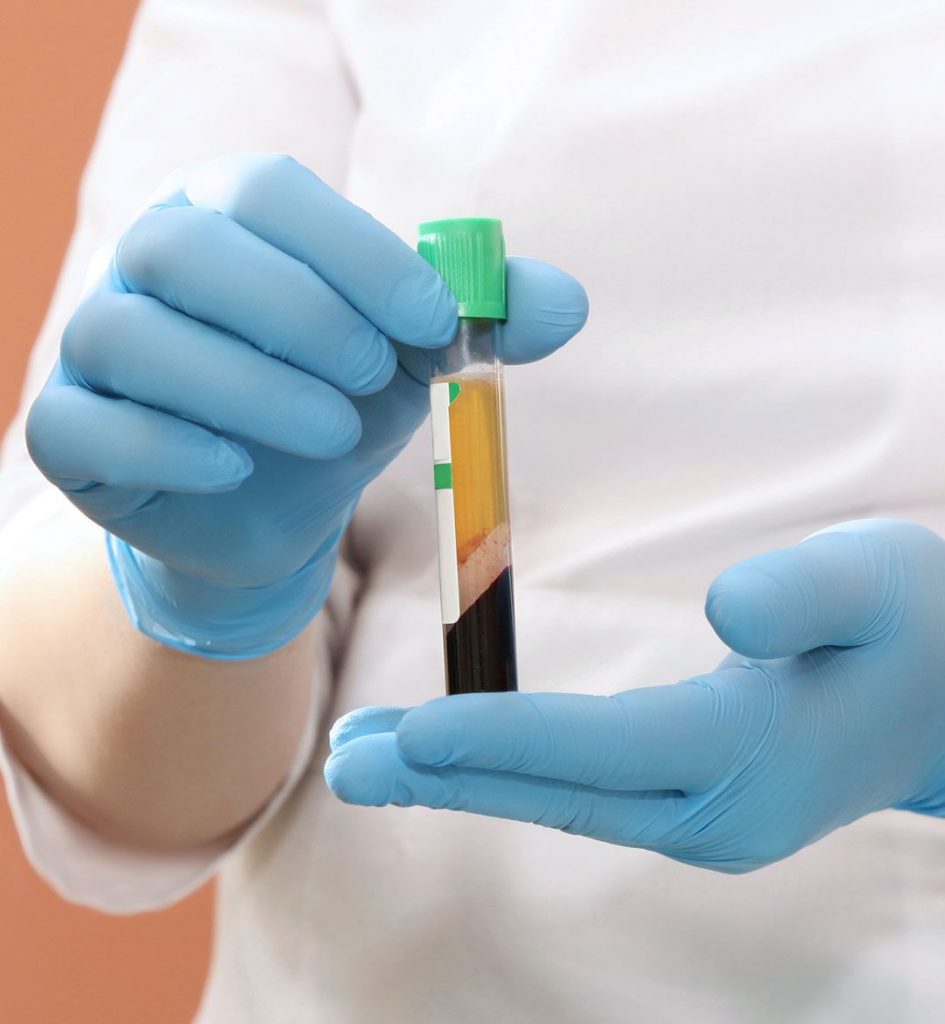Platelet-Rich Plasma (PRP) for urine incontinence
In urology, platelet-rich plasma (PRP) for urine incontinence involves injecting platelet-rich plasma into the bladder and urethra walls, to heal outbreaks influenced by inflammatory processes. The growth factors in the platelets stimulate mucous regeneration and lesion repair.
Understanding Urinary Incontinence: A Common and Challenging Issue
Loss of bladder control, or urinary incontinence, is a common and frequently humiliating issue. The intensity varies from a slight leakage of pee when you cough or sneeze to an intense urgent urge to urinate that prevents you from reaching a bathroom in time.
Dispelling Myths: Aging Doesn’t Guarantee Urinary Incontinence
Though it occurs more often as people get older, urinary incontinence isn’t an inevitable consequence of aging. If urinary incontinence affects your daily activities, don’t hesitate to see your doctor.
Comprehensive Approaches to Urinary Incontinence Management
Sufferers of urinary incontinence experience a diminished quality of life due to the embarrassment and shame associated with the condition. Non-invasive approaches, such as the use of pads, external urine collection devices, behavioral modifications, and pelvic floor exercises, are commonly employed. Surgical options, such as suburethral sling procedures for women and various procedures for men, including injections, sling implantation, artificial urinary sphincter placement, constrictors, and stem cell therapy, are often necessary, particularly for postprostatectomy incontinence. However, some individuals with mild urinary incontinence may resist invasive surgical treatments. Minimally invasive alternatives like urethral bulking agent injections or stem cell therapies have been developed but are not yet established as simple and effective treatments.
Revolutionizing Treatment: Platelet-Rich Plasma (PRP) Therapy
Urinary incontinence, a prevalent and often distressing condition, has seen promising advancements in treatment modalities. Among these, Platelet-Rich Plasma (PRP) therapy has emerged as a novel and effective approach. PRP, derived from the patient’s own blood, is rich in growth factors that stimulate tissue regeneration and repair. In the context of urinary incontinence, PRP is thought to enhance the strength and integrity of the pelvic floor muscles and surrounding tissues, ultimately improving bladder control. This minimally invasive procedure has gained attention for its potential to address the root causes of incontinence and promote long-lasting relief.
Exploring the Regenerative Potential of Platelet-Rich Plasma (PRP)
The increasing popularity of autologous platelet-rich plasma (PRP) as a therapy for enhancing wound healing is notable. PRP, rich in growth factors and cytokines, is widely studied in trauma cases and experimental models. Its local application, combined with bone marrow-derived progenitor cells, has shown promise in tissue regeneration. PRP, derived directly from the patient’s blood, is considered superior to synthetic materials due to its lower risk of adverse effects.
PRP’s Role in Healing and Beyond: Insights from Recent Research
During wound healing, platelets release biologically active molecules, playing a crucial role in tissue regeneration. Recent research highlights the immunomodulatory effects of PRP on the inflammatory response, making it a valuable source of growth factors for improved healing. Additionally, PRP injections have demonstrated potential in alleviating neuropathic pain and improving symptoms in patients with interstitial cystitis/bladder pain syndrome.
Using PRP to improve Urethral Health: A Reasonable Method
Given PRP’s regenerative potential, injecting it into the urethral sphincter to enhance muscle bulk and urethral resistance appears rational. Autologous PRP, lacking antigenicity, is considered safe and has been proven effective in facilitating wound healing and treating interstitial cystitis.
Realizing the Benefits: Transforming Lives with PRP Therapy
Benefits
-Decreased urinary incontinence in a week or two.
-Improvement in confidence when amongst friends.

